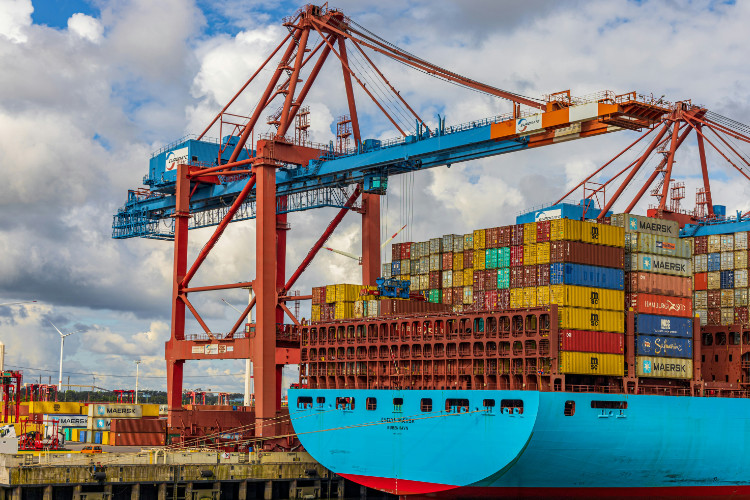In the intricate world of global trade and shipping, certain terms hold immense significance, and among them, FOB (Freight on Board) stands out. Understanding the intricacies of FOB and its implications is vital for businesses engaged in importing and exporting goods. Let’s delve into what FOB means and its implications in the shipping industry.
Deciphering Freight on Board (FOB)

FOB, as its name suggests, is a contractual term that delineates the point at which responsibility for goods and associated costs transitions from the seller to the buyer during the shipping process. It clarifies which party bears the responsibility for freight charges, insurance, and the risk of loss or damage to the goods being transported.
In a typical FOB arrangement, two primary parties are involved:
1. Seller (Shipper): The seller undertakes the responsibility of delivering the goods to the designated point of origin, such as a port or warehouse. They assume the costs and risks associated with transporting the goods to this point.
2. Buyer (Consignee): Once the goods are loaded onto the carrier at the specified point of origin, the buyer assumes responsibility for the goods and associated costs. From this juncture, the buyer takes charge of arranging and financing the transportation of the goods to their final destination.
FOB transactions cater to a diverse array of customers across various industries, including exporters, importers, manufacturers, retailers, distributors, freight forwarders, and carriers. These transactions play a pivotal role in delineating ownership and responsibilities in shipping contracts.
Unveiling the Implications of FOB

FOB terms have far-reaching implications for both sellers and buyers involved in shipping transactions. Here’s a breakdown of its significance:
1. Transfer of Ownership: FOB determines the precise moment when ownership of the goods transfers from the seller to the buyer. It establishes whether ownership shifts at the seller’s location (FOB Origin) or the buyer’s destination (FOB Destination).
2. Freight Charges: FOB indicates which party is responsible for bearing the freight charges associated with transporting the goods. In FOB Origin contracts, the buyer shoulders the freight costs, while in FOB Destination contracts, the seller assumes this financial burden.
3. Risk of Loss: FOB specifies when the risk of loss or damage to the goods transitions from the seller to the buyer. In FOB Origin contracts, the risk transfers to the buyer upon loading the goods onto the carrier, whereas in FOB Destination contracts, the seller retains risk until the goods reach the buyer’s designated location.
4. Insurance Coverage: Depending on the agreed FOB terms, either the seller or the buyer may procure insurance coverage for the goods during transit. This serves as a safeguard against potential loss or damage en route.
The Significance of Understanding FOB

The importance of comprehending FOB terms cannot be overstated in the realm of international trade and shipping. Here’s why it matters:
1. Clarity in Responsibility: FOB terms provide clarity regarding the transfer of ownership, responsibilities, and liabilities, minimizing disputes and misunderstandings.
2. Cost Allocation: By specifying which party bears the freight charges, FOB ensures transparency in cost allocation, fostering fair and equitable transactions.
3. Risk Management: Understanding FOB aids in mitigating risks associated with transportation, ensuring that the appropriate party assumes responsibility for losses during transit.
4. Insurance Planning: Awareness of FOB terms helps in procuring adequate insurance coverage for goods in transit, offering protection against unforeseen contingencies.
5. Logistics Optimization: FOB terms influence logistics planning and decision-making, enabling businesses to optimize their supply chain strategies for enhanced efficiency.
6. Compliance and Documentation: FOB terms are essential for compliance with international trade regulations and for preparing accurate shipping documentation, facilitating smooth customs clearance and legal compliance.
Conclusion:
In conclusion, grasping the nuances of Freight on Board (FOB) is indispensable for navigating international trade transactions effectively. Whether you’re a seller or a buyer, understanding FOB empowers you to make informed decisions and manage logistics operations with confidence. With Best Global Logistics as your trusted partner, you can embark on a journey of seamless logistics management, ensuring that your FOB shipments are handled with utmost care and professionalism. Contact us today to learn more about FOB and embark on a journey of logistical excellence with BGL!



